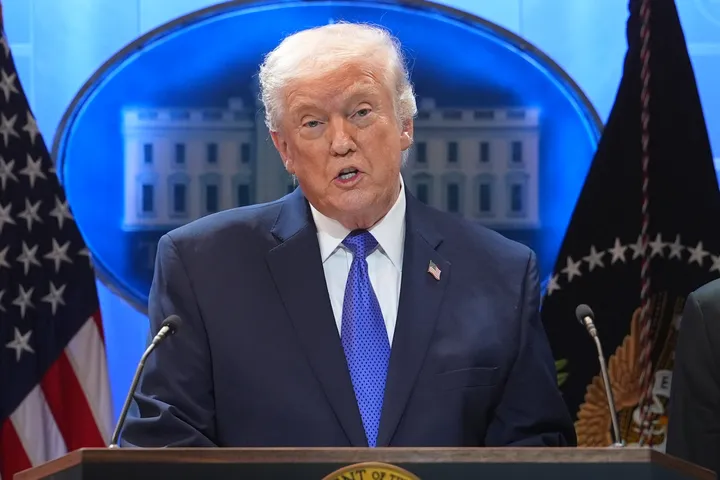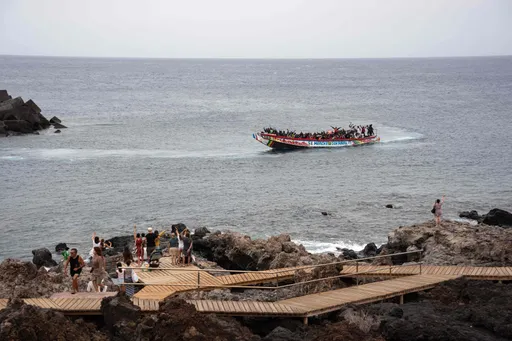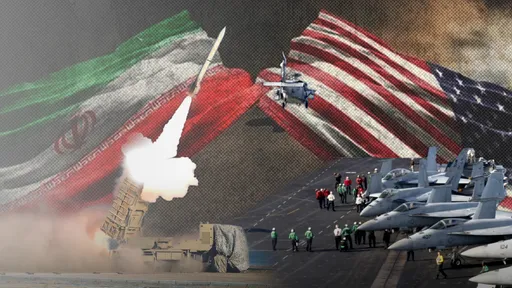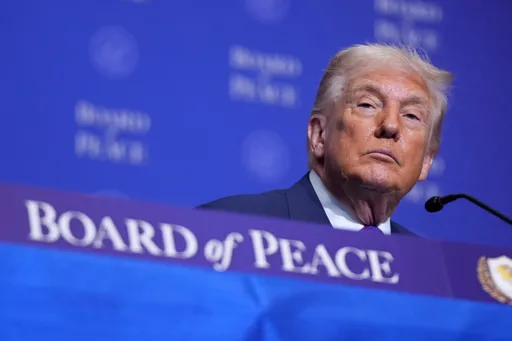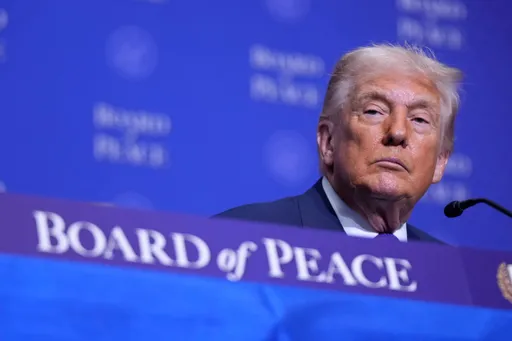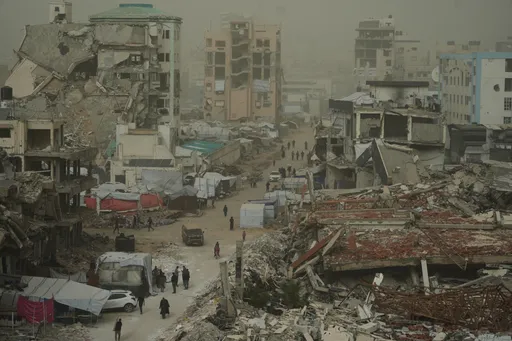Developments that unfolded in a matter of hours have put the future of once-invincible Venezuelan President Nicolas Maduro in doubt - at least for the time being.
As thousands of people joined anti- and pro-government demonstrations on Wednesday, taking to the streets of Caracas and other cities, domestic political turmoil took on an international dimension.
Long unhappy with a staunchly socialist government in its neighbourhood, the United States, along with some members of the Organization of American States (OAS), on Tuesday, recognised the 35-year-old politician Juan Guaido as an interim president.
Russia, Cuba, and Turkey are among the countries that have announced solidarity with embattled Maduro - while a host of other nations with diplomatic ties to Venezuela have yet to comment on the impasse.
The latest round of trouble in Venezuela started on January 10, when Maduro took oath as the president for another six-year term after winning last year’s presidential elections. At least 40 countries, including the European Union, refused to recognise the legitimacy of his government.
The opposition had boycotted the election, accusing the government of rigging and buying voters by offering them aid in times of economic distress.
On the same day as Maduro was coming in as president, the 35-member OAS passed a resolution by a majority vote, refusing to accept the legitimacy of his government.
Guaido, virtually unknown outside the country a few weeks back, took over as head of the national assembly on January 5. Soon after the OAS decision, he struck a defiant tone, calling Maduro a dictator and calling on the army to intervene.
In recent days, the US has openly backed the leader of the opposition with US Vice President Mike Pence saying he has spoken to “courageous” Juan Guaido.
Maduro is blamed for plunging Venezuela into an economic crisis that has created shortages of food and medicines, caused hyperinflation and pushed more than three million people to seek refuge in neighbouring countries.
For Maduro’s supporters, that is partly a consequence of Washington’s interventionist policies, which seek to promote its corporate interests over the wishes of the Venezuelan people.
The US had imposed economic sanctions on Venezuelan politicians and blocked the country from its capital markets at a time when it desperately needed financing, adding to the misery of the people who are now out on the streets demanding a change.
Now there’s talk about sanctioning Venezuela’s oil exports - the country’s main source of revenue. Some experts fear US policymakers might get carried away and intervene militarily.
But do these events mean Maduro is on his way out - possibly to prison?
“Unless there’s some kind of a break within the armed forces and within the ruling coalition, I don’t think this will result in any kind of transition,” Geoff Ramsey, head of the Washington Office on Latin America’s Venezuela programme, told TRT World.
The Venezuelan military has overthrown governments before. In 2002, Hugo Chavez, the late socialist president and Maduro’s mentor, was dethroned and arrested for 48 hours before a popular uprising restored him.
Guaido has specifically asked the military to back his bid of overthrowing the government. A few soldiers tried doing exactly that this week before the mutiny was quashed.
But top military leaders have not given any indication of leaving Maduro’s side. Defense Minister Vladimir Padrino reaffirmed support for Maduro in a tweet on Wednesday, saying Venezuela’s armed forces disavowed any self-proclaimed president, according to Reuters.
Maduro has played it smart, experts say. He put PDVSA, the country’s state oil company, into the hands of the military in 2017, by appointing National Guard officer General Manuel Quevedo as its president.
Under the late Chavez, the socialists gained popularity, mostly among the poor in rural areas, on the back of an unprecedented boom in oil price. During this time the socialist government spent heavily on welfare projects including healthcare and housing schemes, lifting many out of poverty.
However, the government did little to diversify exports or promote domestic manufacturing. Around 90 percent of foreign exchange was generated from oil sales. Petrodollars made it easier for Venezuelans to import daily-use necessities, food and medicines.
After the price of oil dropped in 2014, it hit Venezuela’s revenue hard, and the government resorted to printing money, which led to hyperinflation.
Nevertheless, experts have long doubted US intentions when it comes to bringing regime change in Venezuela on the basis of human rights violations.
The human rights record of other countries in the region, such as Honduras, is much worse than Venezuela, Larry Birns, the late executive director of the liberal think tank Council on Hemispheric Affairs, pointed out in an earlier interview with TRT World.
"It's a case of selective indignation."
The US deliberately tries to undermine Venezuela's economy, he said.
"There is an economic sabotage which is meant to impair government's ability to fight the opposition blow-for-blow," he said.
So what do we make of the two parallel governments, one recognised by the US and its allies, and the other led by Maduro with the backing of Russia and other powers?
“Regardless of the constitutionality of the opposition's claim, Maduro is the one who controls the government, and he’s the one who sits in the throne,” said Ramsey.


